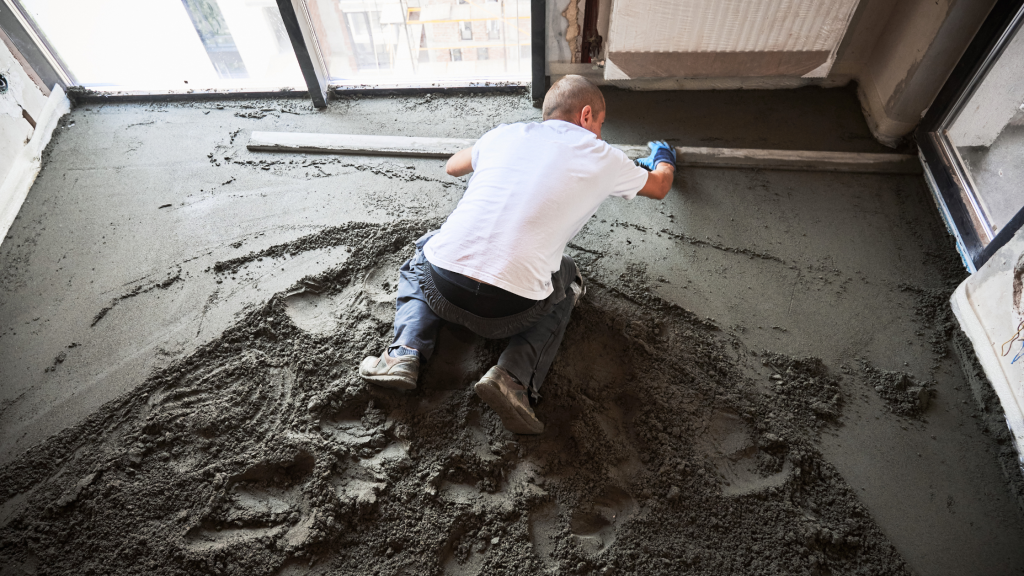
With energy efficiency at the forefront of modern building, passive design is moving into the limelight. Thermal mass, which is the capacity of building products to absorb and give off heat at a slow rate, is one of the most useful tools in this system. Cement screed in Bristol is unsung but highly effective in this regard, assisting in the production of buildings that retain warmth better during winter, coolness better during summer, and are more affordable to operate.
Understanding Thermal Mass in Construction
Thermal mass is a characteristic of heavy materials like stone, concrete, and screed. They absorb heat from the warm ambient air and release heat over a longer period as temperatures decrease. The effect is a natural balancing mechanism that evens out the high points and low points of daily climatic fluctuations. In residential homes or business premises, the effect means more comfort and less reliance on mechanical systems.
Why Cement Screed Delivers Results
Cement screed works particularly well due to its weight and positioning within the structure of the floor. Paired with underfloor heating, it distributes heat well and keeps releasing it hours after the heating has been turned off. In hot summer weather, it is able to absorb excess heat, slowing the development of objectionable indoor temperatures. All these properties make it a useful, multi-seasonal solution for anyone looking to reduce energy consumption.
Advantages Exceeding Energy Efficiency
The impact of cement screed extends beyond cost-cutting. A structure that has a more consistent internal temperature is more pleasant to inhabit or work in. Companies enjoy reduced stress on air-conditioning and heating systems, and residents benefit from a consistent environment conducive to contemporary living standards. The strength, durability, and thermal mass combine to make cement screed an intelligent foundation option.
How It’s Impacting Bristol Projects
In Bristol, where sustainability in design is an increasingly important priority for both residential and commercial development, cement screed is being specified not only for its strength but for its thermal efficiency. Developers are specifying it to achieve energy savings without the sole use of mechanical systems, whereas housebuilders are discovering that it makes underfloor heating more efficient and more responsive. By using cement screed in Bristol projects, constructors are providing floors that actively add to sustainability and comfort instead of existing as a passive layer.
Building Smarter with Thermal Mass
Energy efficiency isn’t just technology; it’s also about products that work behind the scenes day in and day out to enhance building performance. Cement screed introduces the thermal mass advantage into the very heart of the building, stabilising temperatures and enabling long-term energy objectives. For anyone who’s designing for the future, it is one detail that is simply too vital to ignore.
Have questions? Contact UK Screeds Ltd. for a chat.







